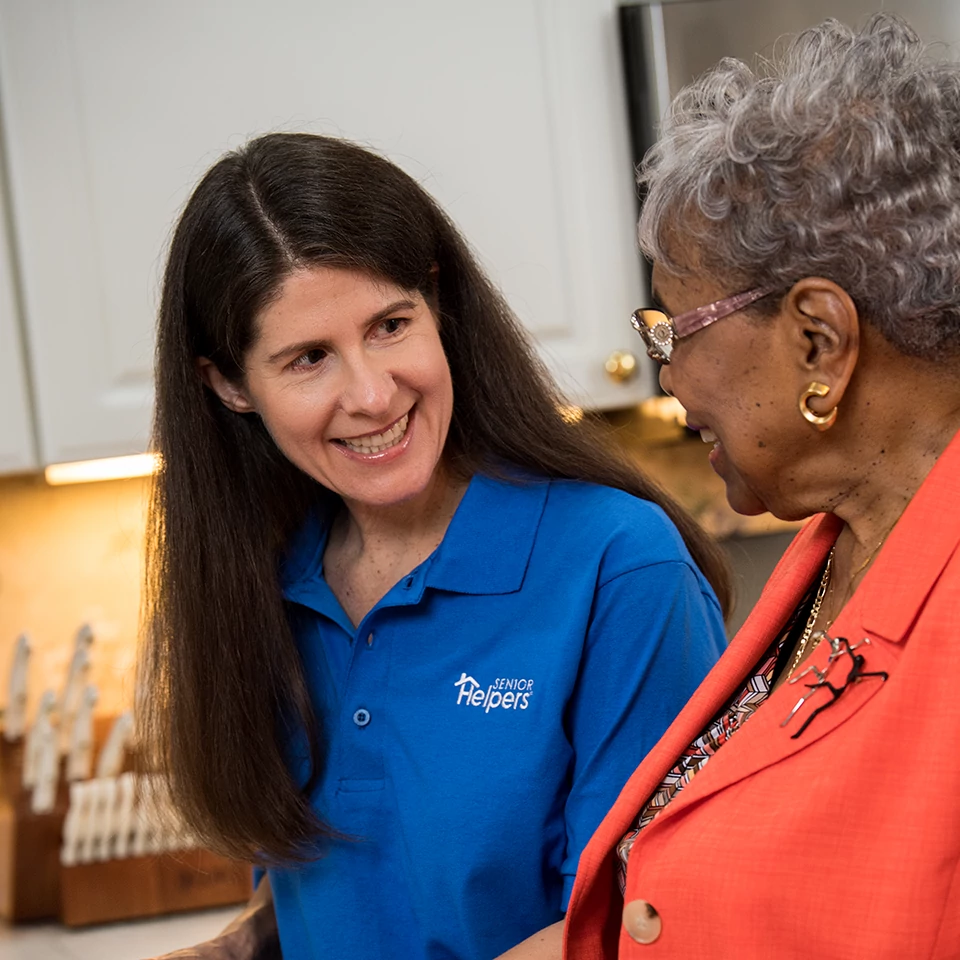As people age, they may experience feelings of loneliness and isolation, which can have a negative impact on their emotional wellbeing. In elderly care settings, the power of companionship plays a crucial role in enhancing the lives of seniors. Companionship provides social engagement, emotional support, and a sense of connection that is vital for the mental health of older adults. This article explores the benefits of companionship in elderly care and how it can help improve emotional wellbeing.

The Benefits of Companionship in Elderly Care
1. Social Engagement
- Companionship in elderly care settings provides seniors with opportunities for social engagement.
- Interacting with others can help prevent feelings of loneliness and isolation.
- Engaging in conversations and activities with companions can stimulate the mind and promote a sense of belonging.
2. Emotional Support
- Having a companion can offer emotional support to seniors in times of need.
- Companions can provide a listening ear, empathy, and comfort to older adults facing challenges.
- Emotional support from companions can help seniors cope with stress, grief, and other emotional struggles.
3. Sense of Connection
- Companionship helps seniors feel connected to others and the world around them.
- Building relationships with companions can create a sense of community and belonging.
- A strong sense of connection can improve self-esteem and overall emotional wellbeing in elderly individuals.
Strategies for Enhancing Companionship in Elderly Care
1. Volunteer Programs
- Implement volunteer programs in elderly care facilities to pair seniors with volunteers for companionship.
- Volunteers can engage in conversations, activities, and outings with older adults to provide companionship.
- Volunteer programs can help create meaningful connections and friendships between seniors and volunteers.
2. Pet Therapy
- Introduce pet therapy programs in elderly care settings to provide seniors with animal companionship.
- Interacting with therapy animals can bring joy, comfort, and companionship to older adults.
- Pet therapy has been shown to reduce feelings of loneliness and improve emotional wellbeing in seniors.
3. Group Activities
- Organize group activities such as arts and crafts, games, and outings to promote companionship among seniors.
- Group activities provide opportunities for social interaction and bonding between older adults.
- Participating in group activities can help seniors form friendships and support networks within the elderly care community.
The Importance of Companionship in Elderly Care
Companionship plays a vital role in enhancing emotional wellbeing in elderly care settings. By fostering social engagement, providing emotional support, and creating a sense of connection, companionship can significantly improve the quality of life for seniors. It is essential for elderly care facilities to prioritize companionship and create opportunities for older adults to form meaningful relationships and friendships with others.
Overall, the power of companionship should not be underestimated in elderly care. It has the ability to bring joy, comfort, and a sense of belonging to seniors, ultimately contributing to their emotional wellbeing and overall happiness.